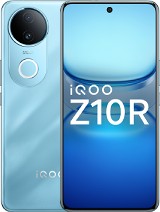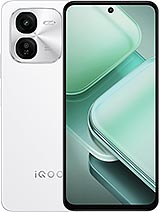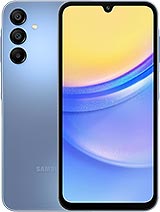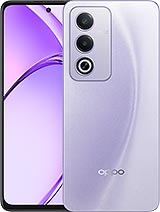Infinix Note 50s alternatives
Tap above to see alternatives.
Oppo K13x alternatives
Tap above to see alternatives.
Infinix Note 50s

Infinix Note 50s
-
Dimensity 7300
4 nm
-
5500 mAh
45W
-
6.78"
1080 x 2436 pixels
-
64 MP
4K@30fps
- Specs
4x2.5 GHz Cortex-A78
4x2.0 GHz Cortex-A55
2x2.4 GHz Cortex-A76
6x2.0 GHz Cortex-A55
8GB 256GB (UFS 2.2)
6GB 128GB (UFS 2.2)
8GB 256GB (UFS 2.2)
f/1.8, (wide), 1/1.73", 0.8µm, Sony IMX682, PDAF
2 MP
OmniVision OV50D, f/1.8, (wide), PDAF
2 MP,
f/2.4, (Mono)
1080p@30fps
f/2.2, (wide)
GalaxyCore GC08A8, f/2.0, (wide)
1080p@30fps
SIM1: Nano, SIM2: Nano
SIM1: Nano, SIM2: Nano (Hybrid)
10 5G bands
n1, n3, n5, n8, n28, n38, n40, n41, n77, n78
9 5G bands
n1, n3, n5, n8, n28, n40, n41, n77, n78
In this performance comparison, the Infinix Note 50s with its Mediatek Dimensity 7300 (4nm) performs better than the Oppo K13x with the Mediatek Dimensity 6300 (6nm), thanks to superior chipset efficiency.
Both Infinix Note 50s and Oppo K13x offer the same software support — 2 years of OS updates and 3 years of security updates.
Infinix Note 50s features a superior AMOLED display, while Oppo K13x comes with an LCD panel. In terms of smoothness, Infinix Note 50s offers a higher 144 Hz refresh rate, ensuring fluid scrolling and animations. Infinix Note 50s also boasts a brighter screen with 1300 nits of peak brightness, enhancing outdoor visibility. Notably, Infinix Note 50s offers a higher screen resolution, resulting in sharper visuals and more detailed content.
Oppo K13x features a larger 6000 mAh battery, potentially delivering better battery life. Both devices support the same wired charging speed of 45W.
Oppo K13x offers better protection against water and dust with an IP65 rating.
¹ Scores can vary even with the same chipset due to RAM, thermals, and software optimization.











